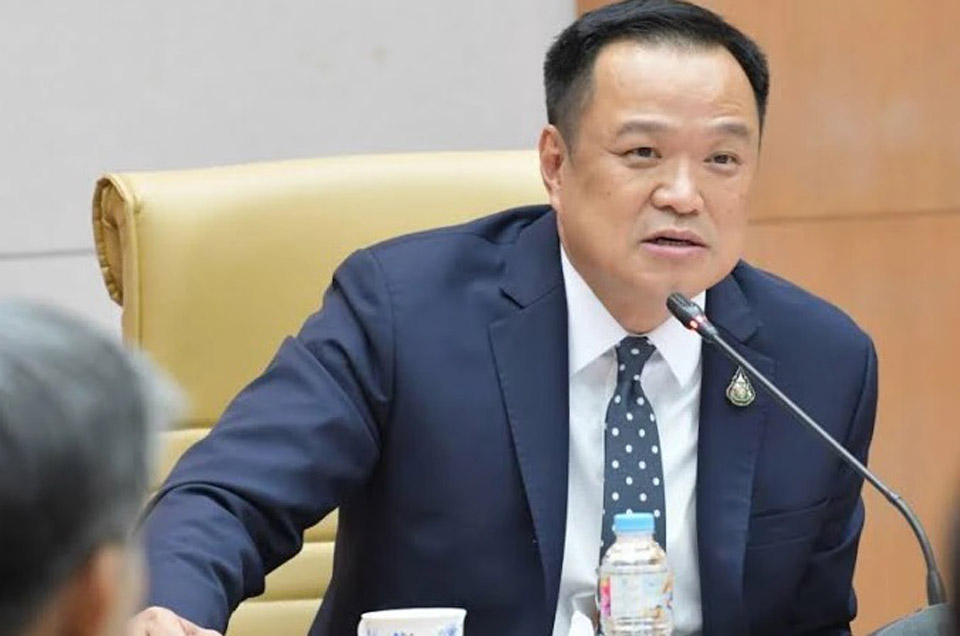
The Public Health Ministry has revealed a plan to seek cabinet approval for a new program that will cover the expenses of emergency care for Covid-19 patients experiencing moderate to severe symptoms. Minister of Public Health Anutin Charnvirakul said he will next week unveil the Universal Coverage for Emergency Patients (UCEP) Plus scheme.
According to Anutin, the Department of Health Service Support submitted a revised set of criteria for spending on emergency care for persons infected with the virus to the cabinet for consideration on Tuesday (Mar 1). The new rule will include patients currently covered under the UCEP Plus plan.
Patients can seek treatment at any medical institution for three days under the UCEP scheme, after which they will be sent to a hospital that is registered with their state welfare and/or health insurance scheme. However, the Public Health Ministry announced that Covid-19 treatment would no longer be covered beginning March 1, with the exception of those in critical condition.
At the moment, the scheme covers all costs linked with Covid-19 therapies, which means patients can seek therapy at any facility for free. The public health minister affirmed that the new law is not designed to reduce expenses, but rather to prepare the way for the provision of services, hospital beds, and medical supplies to those in need.
Meanwhile, Dr. Jadet Thammathat-aree, secretary-general of the National Health Security Office (NHSO), announced on Wednesday that the 1330 hotline will now assess persons who test positive using antigen test kits, in addition to processing requests for Covid-19 beds.
Dr. Jadet urged Covid patients who wish to remain at home to contact the hotline so the NHSO can coordinate care with hospitals. He noted, however, that those who are not considered to be in high-risk groups could be advised to self-isolate at home as outpatients and be monitored via the telehealth system.(NNT)
 |
 |
 |





